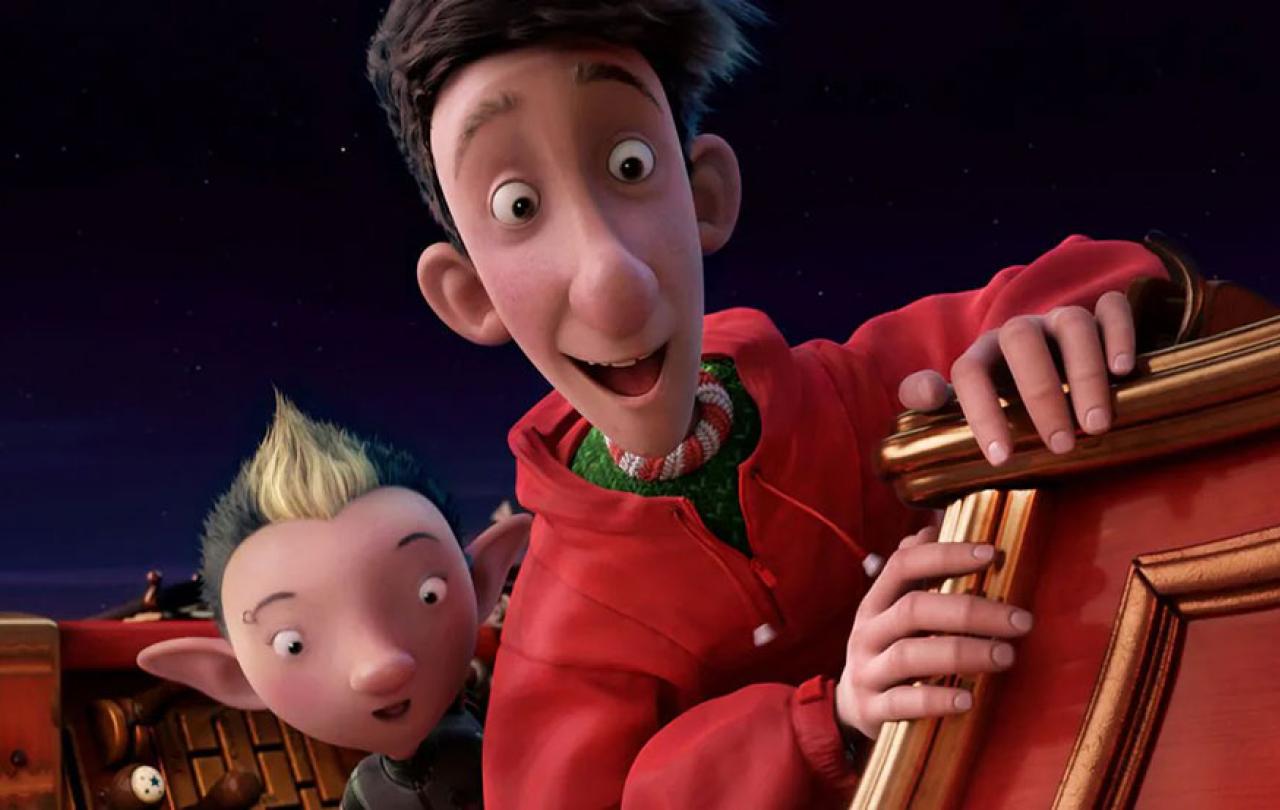Finding community in the middle of a city is a strange experience. I have lived in London for six years, in six different flats, and have rarely known the names of any of my neighbours. The starkness of my experience is made all the more glaring when I visit my parents. They live in a small town, close to the countryside. They know all of their neighbours, even the new ones. There are WhatsApp groups where people request eggs or leaf blowers or an extra garden chair from one another.
My parents’ town has two things that London doesn’t: an acceptance that neighbours should depend on one another, and enough physical space for meaningful interactions to take place.
Where I live, we are self-sufficient. The idea of asking a neighbour for anything is uncomfortable. I discovered this a few months ago when I went to ask a neighbour if I could borrow a can opener, seriously fighting the urge to walk to the shops and purchase a new one as I knocked on her door.
In London, we have no space. Rather than seeing my neighbour over the fence in our back gardens, I see her on the stairwell. We’re both already moving to other places, so a nod is all that is exchanged.
But over the summer, I attended two community festivals. And there, I saw a glimpse of something different; the fruits of a circumstance where people depended on one another and finally had some space.
Back in July, my wife and I went to the Cally Festival on the Caledonian Road. We were both heavily overdressed, having just come from a wedding. From Pentonville prison to the Marathon Ethiopian restaurant, the road smelt of Jamaican food and locally baked goods. We were surrounded by stalls on every side, the gravel beneath us overtaken by a dance floor and children’s chalk drawings. Our ears rang with the words of a local poet, which jarringly transitioned to a local rap artist as we strolled along the road. Here, in the middle of our city, there was finally enough space for community.
We were at the festival because a local celebrity wanted to sing. Dave was an Elvis impersonator who had lived on the Bemerton estate for many years. He and his flat had aged together, and he was now wheelchair bound without lift access. This would be his first outing since Christmas. Someone from our church had asked if we could come and help carry him down the stairs. The Cally Festival was forcing us to depend on one another.
I was captivated by the festival, and the way it transformed a small part of the city. So, the very next weekend, I ventured a few streets west to Somerstown Festival. Just a hundred meters off the Euston Road, I experienced the very same phenomenon. A closed road, lined with smells, stalls, and sounds, with enough space for community. A group of people actively serving one another with a level of dependence that was creating community before my eyes. I looked left, and a young man was lifting a table onto the pavement for an elderly stall owner. I looked right, and a Catholic nun was handing out inspirational quotes about the environment.
Community festivals can’t happen every day and cities will always lack space, but the two I visited taught me something significant about building community within my concrete home. Our neighbourhoods require opportunities to serve one another. Whilst I'm unlikely to need a leaf blower or garden chairs in my London flat, I may need a can opener or support at a community event. Small confessions of need like that could represent the mustard seed of deeper urban communities.






